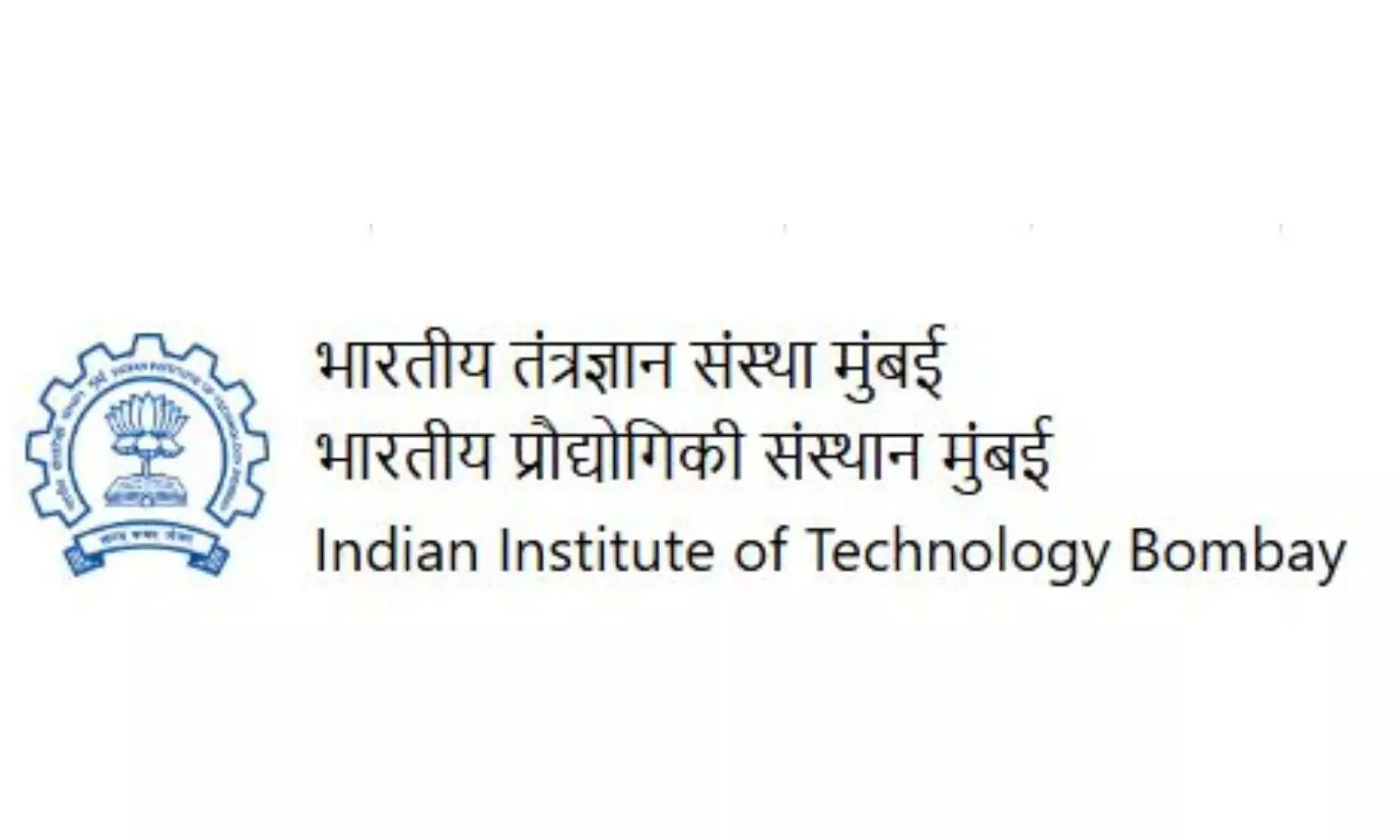Copyright deccanchronicle

Mumbai: A research led by the Indian Institute of Technology Bombay has identified hidden blood biomarkers that can flag early warning signs of diabetic kidney disease.The finding, according to researchers, could help in early diagnosis and pave the way for more personalised treatment. India, often called the diabetes capital of the world, has around 101 million adults currently living with the condition and another 136 million at risk with prediabetes, making Type 2 diabetes a public health concern in the country.As many cases are diagnosed late, complications arise affecting the eyes, kidneys, nerves, heart, and brain, and nearly one-third of patients also develop chronic kidney disease.In the new study, researchers led by Prof Pramod Wangikar from IIT Bombay and Dr Rakesh Kumar Sahay and Dr Manisha Sahay from Osmania Medical College, along with researchers from Clarity Bio Systems India, Pune, used metabolomics, the study of small molecules in the blood, to find biochemical patterns that could help identify patients at risk of kidney complications.This finding will help doctors diagnose problems earlier and create more personalised treatments."Type 2 diabetes is not just about high blood sugar. It disrupts amino acids, fats, and other pathways in the body. Standard tests often miss this hidden activity, which may often begin years before the onset of clinical symptoms," explained Sneha Rana, a PhD scholar in Prof Wangikar's lab.For the study, the team collected whole blood samples from 52 volunteers at Osmania General Hospital in Hyderabad between June 2021 and July 2022.The volunteers included 15 healthy controls, 23 patients with Type 2 diabetes, and 14 patients with diabetic kidney disease (DKD).Using two complementary techniques � liquid chromatography-mass spectrometry (LC-MS) and gas chromatography-mass spectrometry (GC-MS) � the researchers scanned nearly 300 metabolites. The research found 26 metabolites that differed between diabetic patients and healthy controls.It also discovered two distinct subgroups among diabetic patients, with one group appearing metabolically closer to healthy individuals, while the other showed major changes related to stress, inflammation, and energy production."These markers could one day be used by doctors, just like cholesterol tests are used to assess heart disease risk. This means some patients may need more aggressive treatment, while others might benefit more from lifestyle changes," Dr Sahay noted.When comparing patients with kidney disease to the other groups, the researchers identified seven metabolites that steadily increased from healthy to diabetic to DKD patients.These included sugar alcohols like arabitol and myo-inositol, as well as ribothymidine and a toxin-like compound called 2PY, which accumulates when the kidneys are damaged."By monitoring these molecules, we could predict kidney complications much earlier," said Rana. The researchers plan to extend it to obtain data from a larger number of subjects with diabetes and various complications, and develop simple clinical tests that can not only help in the early diagnosis of diabetes but also identify those at higher risk of complications."In India, we often rely on a one-size-fits-all approach to diabetes treatment. With these new markers, we can start tailoring care to each patient's unique profile," added Rana.



